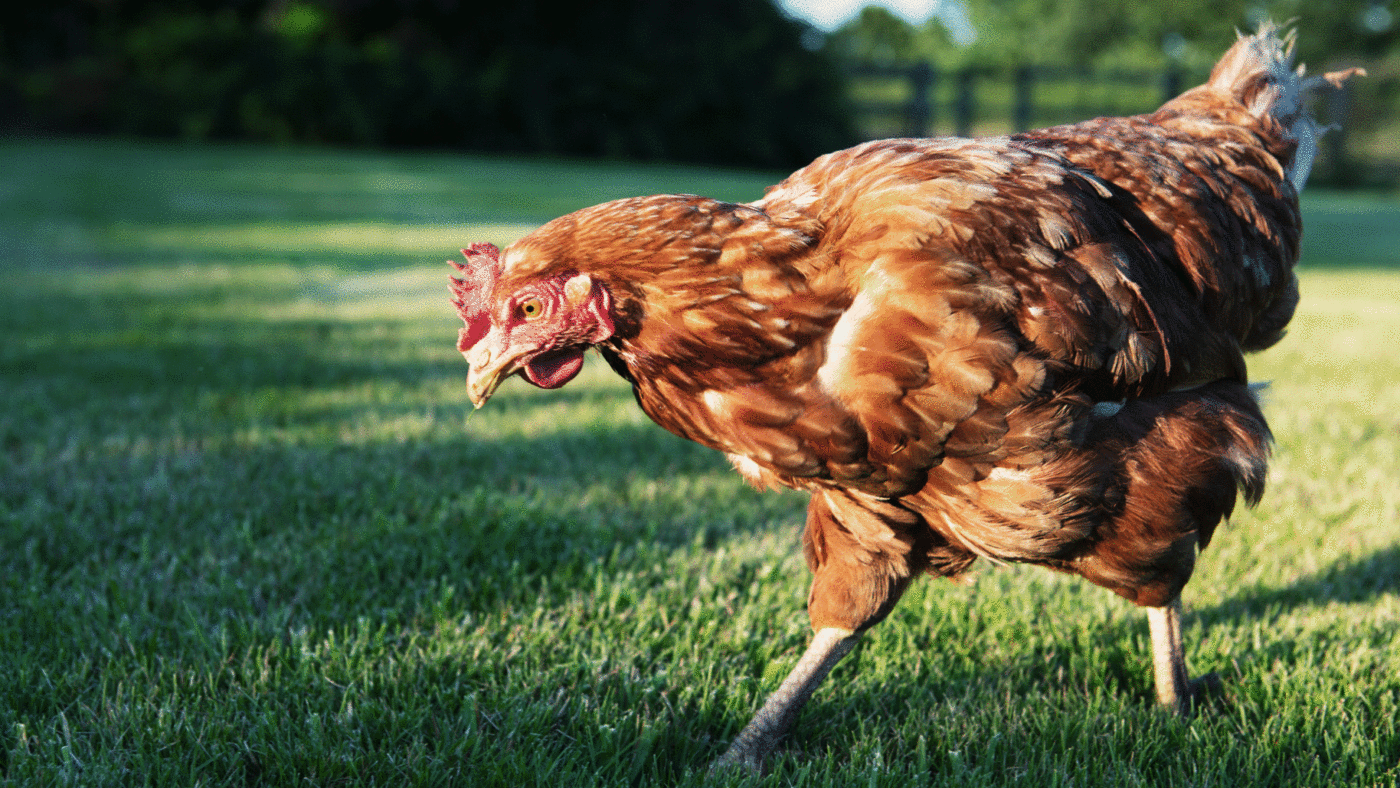After seemingly endless rows over chlorinated chicken and animal sentience, the Agriculture Bill has almost made it through Parliament.
The constitutional oddity of ‘ping pong’ between the Commons and the Lords, which will hammer out the final text of this historic piece of legislation, started this week,
When it finally becomes law, it will be a moment worth celebrating.
It’s hard to underestimate the frustrations with the EU’s Common Agriculture Policy, which this Bill will help to replace.
In a previous life – working for a firm of rural surveyors – I remember trudging through fields in the pouring rain measuring trees, field margins and hedges. These “ineligible features” had to be declared and taken off the total area a farmer could claim for payment.
It always struck me as odd that those features that provided most value to nature were not given any financial value under the main payments of the CAP.
The EU’s approach was bureaucratic in the extreme and did not incentivise farmers to manage the land in an environmentally friendly way – often the reverse.
Even the most diehard Europhiles found it hard to find anything good to say about the CAP.
And yet finding common ground on what should replace it was by no means guaranteed. It has required a huge amount of political skill, which is rarely acknowledged, and helped create a new approach to agricultural policy that is fit for the future.
While the Agriculture Bill has been the subject of some fierce debates in Parliament – not least around trade and food standards – what’s striking is the degree of consensus in the Commons and Lords on the fundamental principles it contains.
The Bill sets out a new framework for agricultural policy, based on paying farmers for the environmental benefits they provide, along with other things people value such as improving animal welfare, increasing public access, and managing the land in a way that helps to reduce carbon emissions.
The new Environmental Land Management scheme – which the Agriculture Bill creates – will shift from paying farmers for how much land they farm to how that land is managed, and the environmental and public health benefits their work provides.
In practice, it means those trees, field margins and hedges I measured on my wet walks should now be seen as financial assets to farmers rather than liabilities.
Some people like to describe this as a totally new concept of ‘public money for public goods’. In truth, the Agriculture Bill is less of a revolution and more a recalibration in our approach to agricultural policy.
When the EU’s Common Agricultural Policy was established in the 1960s it was justified on the basis of needing to subsidise farmers to produce food. At that time, when the Cold War was raging, food security was very much seen as a public good.
Indeed, it was considered such an important objective that until the late 1980s more than three quarters of the EU’s budget was spent on the CAP. It’s no coincidence that the end of the Cold War marked the point when the CAP’s budget began to shrink as fear of Soviet invasion or interference receded.
And yet, as with so much of EU policy, it failed to move with the times. Modest reforms to the CAP did not match the huge changes in the political landscape that had taken place since the 1960s or indeed the changes to the landscape of our countryside.
By linking farm payments to environmental public goods, the Agriculture Bill will help make farm support payments fit for the future. Not just to reflect changes in politics, but also important changes in public attitudes.
In the 1960s most people would have been more concerned about foreign aggression than environmental catastrophe – today it’s the other way around. Polling shows that more and more people care about the environment, particularly younger generations, and support green policies.
By linking farm payments to environmental concerns, Michael Gove, who helped get the Agriculture Bill into shape when he was Defra Secretary, pulled off a political masterstroke.
The principle of this new approach has not only got a consensus in Parliament, it has also managed to get agreement from environmentalists and farming unions. Any policy that manages to keep the RSPB and NFU onside is pretty impressive.
Crucially for farmers, it means the long-term prospects for payments from the taxpayer look a lot safer than they would have done had this money remained a simple subsidy.
Now that decisions about the amount of funding going to farmers will be determined by Westminster not Brussels, there needs to be a watertight case for these payments in the face of competition for spending from defence and the NHS.
These days, protecting the planet is about as strong as any justification for public spending. It would be a bold Chancellor who raided funding from environmental land management schemes. Perhaps as bold as raiding money from the CAP would have been during the height of the Cold War.
As the Agriculture Bill nears the end of its passage in Parliament, the noisy campaigns about chlorinated chicken will no doubt be heard again. But this legislation is environmentally and politically sound. Anyone who cares about a sustainable and environmentally-friendly future for British farming in this country should support it.
Click here to subscribe to our daily briefing – the best pieces from CapX and across the web.
CapX depends on the generosity of its readers. If you value what we do, please consider making a donation.


